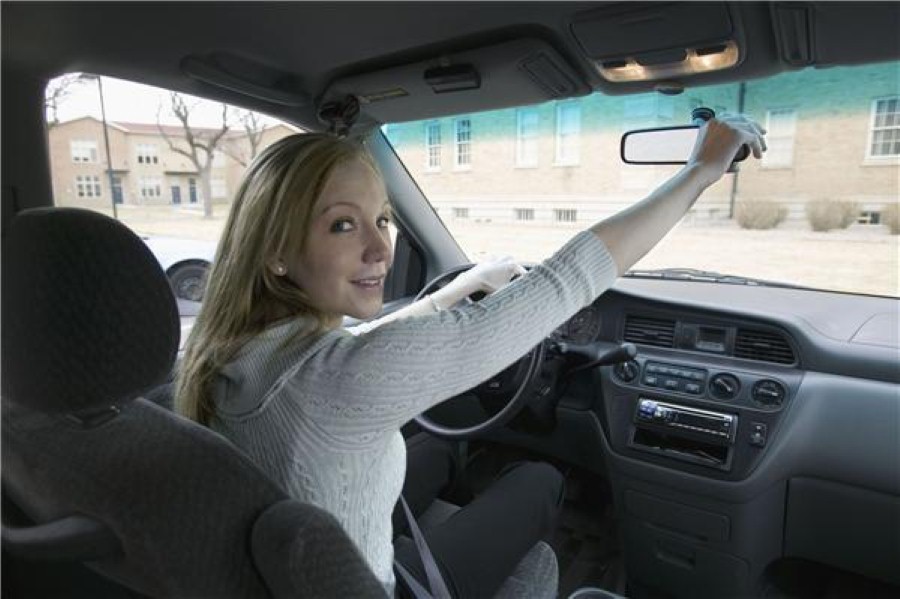A survey from the AA reveals that other adult passengers being in the car is considered the biggest distraction for drivers.
The biggest in-car distraction for drivers is the presence of other adult passengers in the vehicle with them.
This is according to the findings of a new survey carried out by motoring association AA, which took responses from some 18,026 of its members.
Almost two-thirds of respondents (38 per cent) said they have had their attention significantly diverted from the road by a passenger in the past 12 months.
Other considerations such as the presence of new and old technology were also factored in, but traditional distractions were still identified as the biggest threat to road safety.
Some 16 per cent of respondents said they had been distracted by twiddling with radio dials, while 13 per cent have had their attention diverted by a sat-nav device.
A further 12 per cent admitted to holding a phone conversation while behind the wheel and five per cent have attempted to read or send a text message without first pulling over.
This is a potential cause for concern, as government statistics show that driver distraction contributed to 88 deaths in 2012. Around 17 per cent of these incidents were attributed to mobile phone use – and this could have a significant impact on a person's insurance premiums, even if they have already found a good new car deal.
Eating and drinking was also singled out as an issue, as nine per cent of respondents said they have eaten a sandwich on the road and seven per cent try to drink coffee or water.
President of the AA Edmund King said: "We shouldn't be luddites about technological development but we must embrace technology whilst ensuring that the driver stays safely in control."
"The figures for sat-navs and mobile phones give a warning for what might happen in the future as infotainment and other technology become more commonplace," he continued, adding: "The higher kill rate for mobile phone-related reported accidents provides a strong wake-up call."
Posted by Emma Grange
